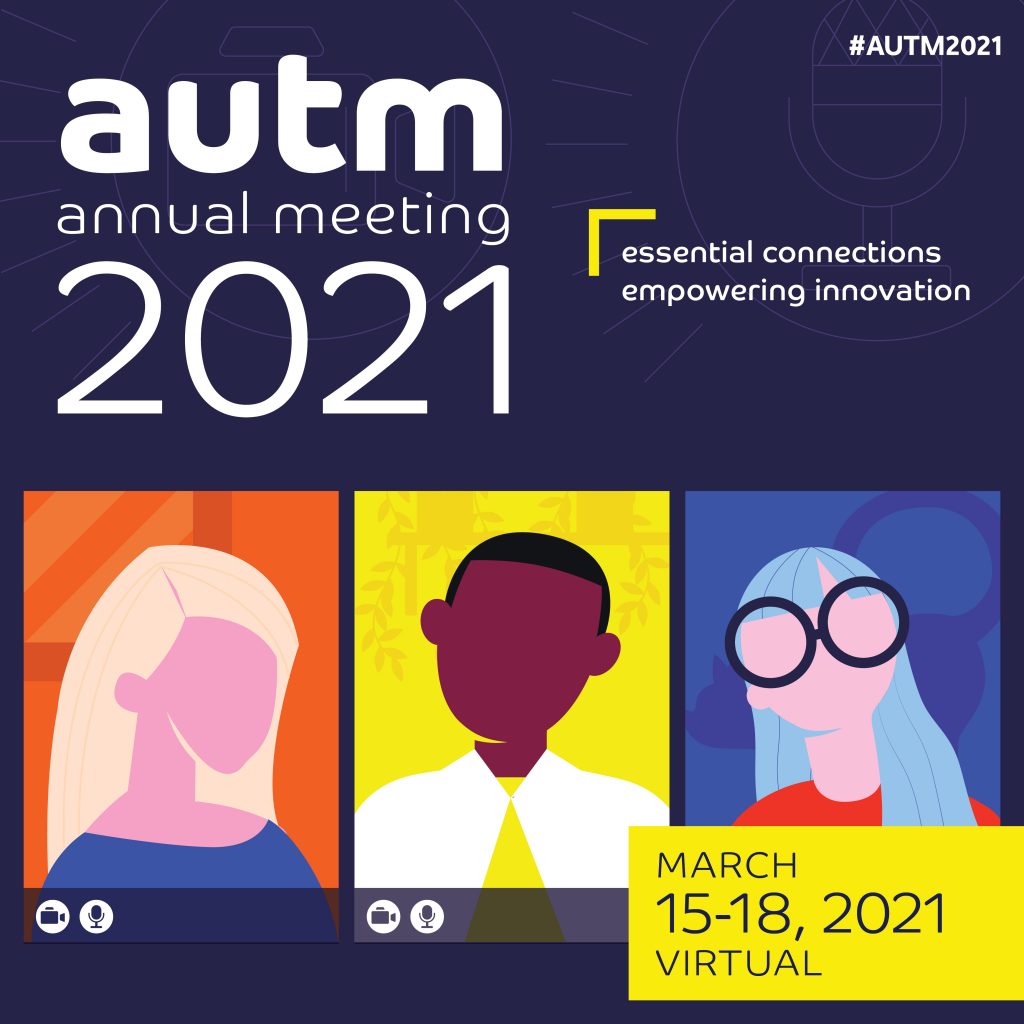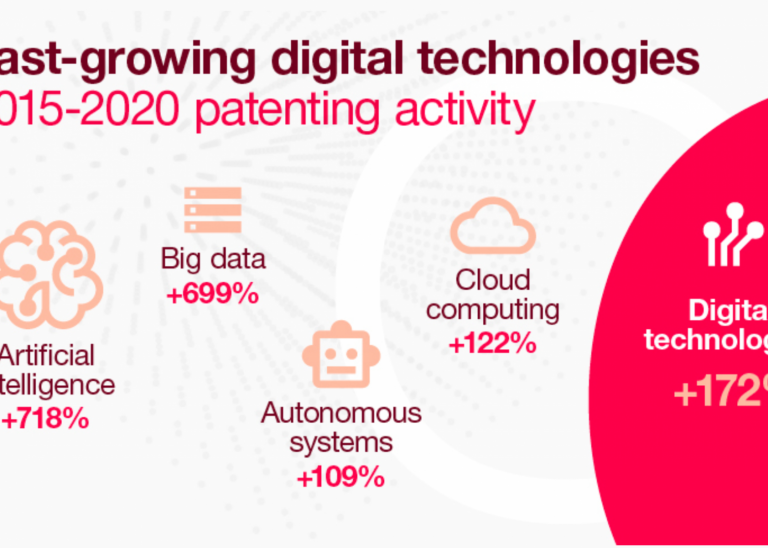
At the 2021 AUTM Annual Meeting last month, we attended a session called “Flex Your Soft Power: Impact From Social Science.” The panel featured three speakers: Professor Julia Black, Chair of ASPECT and Strategic Director of Innovation at London School of Economics and Social Science; Melanie Knetsch from the Social and Economic Research Council; and Cristoph Groller, Managing Director of Grogen and Koller.
During the talk, the speakers explored the importance of Social Science research, some of the difficulties in commercialization, and introduced emerging groups that are bridging Social Science research and businesses.
What is ASPECT?
ASPECT is a growing network of organizations working to encourage collaboration between academics and businesses and apply Social Science research to private and social enterprises. The organization seeks to encourage research collaboration and build partnerships between academia and industry. Currently based in the UK, ASPECT has many notable members including the University of Oxford and the University of Bristol. ASPECT is rapidly expanding its activities and funding to make Social Science research more accessible. Global expansion is next on the agenda.
Why Social Science Research is Just as Important as STEM
Although ASPECT has taken on some similar projects as STEM research groups do, there are some important distinctions. There is a common misconception that Social Science is the light version of STEM. In reality, Social Science research tends to be smaller, and market competition is greater. However, this is just the start of a long list describing the difficulties of having Social Science research acknowledged compared to STEM.
This is where ASPECT steps in. Social Science researchers can use ASPECT as a tool to overcome hurdles in getting their work noticed. ASPECT pools resources and experiences. The effect enables members to benefit from scale and network effects.
Social Science and business engagement: the UK context
The Economic and Social Research Council (ESRC) is one of the nine councils that make up the UK Research and Innovation body. ESRC aims to unlock the potential for collaboration between Social Science and business.
Through conversations with the ESRC community, Melanie Knetsch noticed some challenges. For example, is it ethical for Social Science to help businesses profit? What is the added value that Social Science can bring to businesses? How do we adapt tech transfer offices (TTOs), typically designed to be a “STEM point of entry,” to conversations that also suit Social Science research?
Ms. Knetsch then started thinking about Social Science commercialization in terms of “business readiness levels.” She based the readiness levels on the business model, ethical considerations, adoption, and tools needed to implement the project. Considering these business readiness levels further enforced the importance of integrating Social Science into business to streamline innovation.
Exploring “business readiness levels” for Social Science then brought Knetsch to the question of what added value the ESRC can provide as a funder. Currently, the ESRC has identified “bringing awareness of Social Science” as one of its areas for improvement. In pursuit of this goal, ESRC is working with university professionals and TTOs to broaden engagement with businesses, foster partnerships, and recognize strides in Social Science innovation through the Impact Prize program.
ESRC hopes to become a global leader in Social Science-business partnerships. In the end, they hope these endeavors can propel Social Science innovation to a new level.
Unleashing the Impact Power of Social Science and Humanities
As a society, we have excelled at rapid innovation in the past hundreds of years. We have created new technologies and solved problems that we once only dreamed of. At the same time, rapid change often goes unchecked. The true impact of technology is hard to measure. Social Science has the potential to measure this impact.
There is a growing call to action for academics in Social Science, Humanities, and the Arts to demonstrate their societal impact. Many of them think positively about what they can do with their academic work outside of academic circles. For example, Social Science researchers in Germany recently developed methods for lessening the discrepancy between female startup founders (15% of total startups), and female students at higher education institutions (59% of the student body).
At SeedSprint, supporting the diverse and international community of innovators as they take their research from the lab to the marketplace is at the heart of our mission. We are thankful for the opportunity to learn from organizations like ASPECT and the ESRC about how we can achieve diversity and inclusivity in innovation across sectors.



